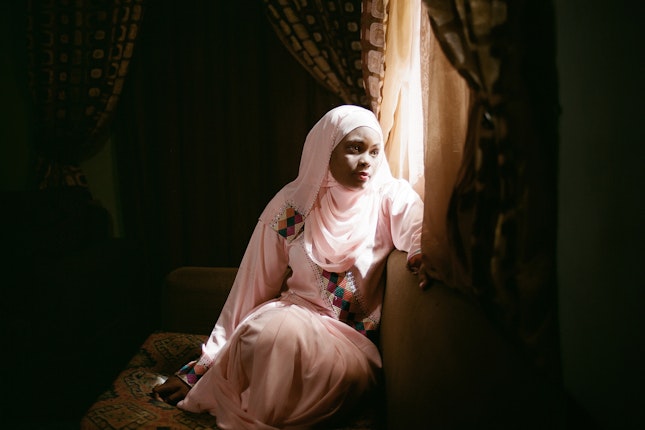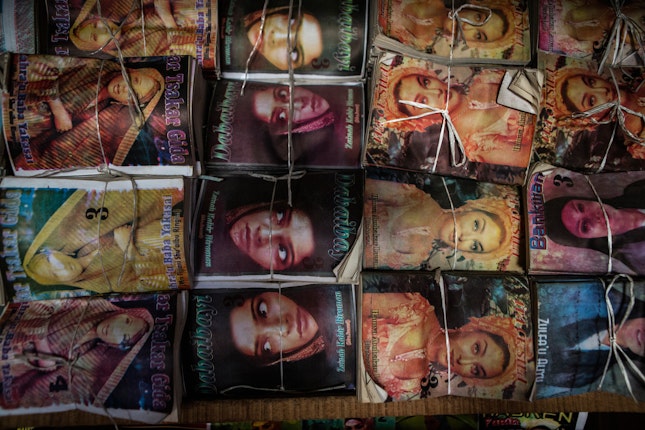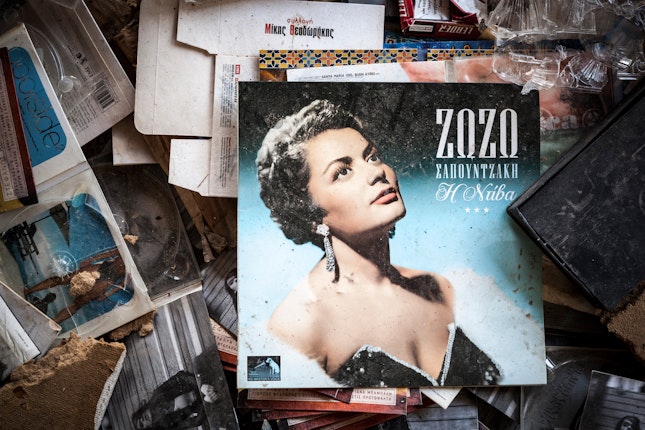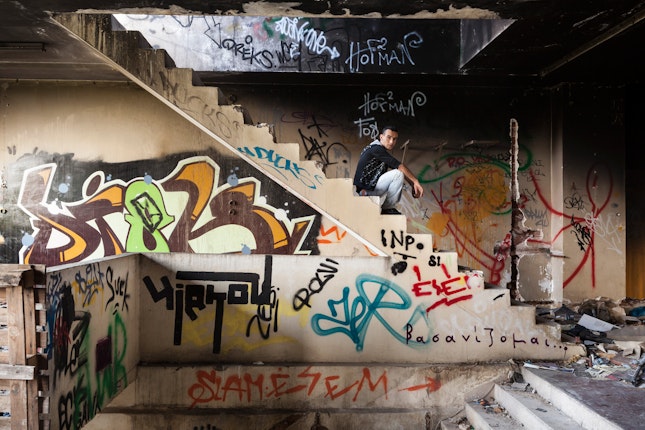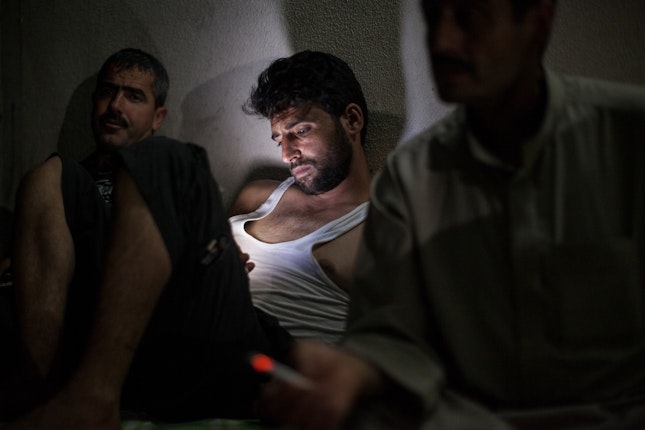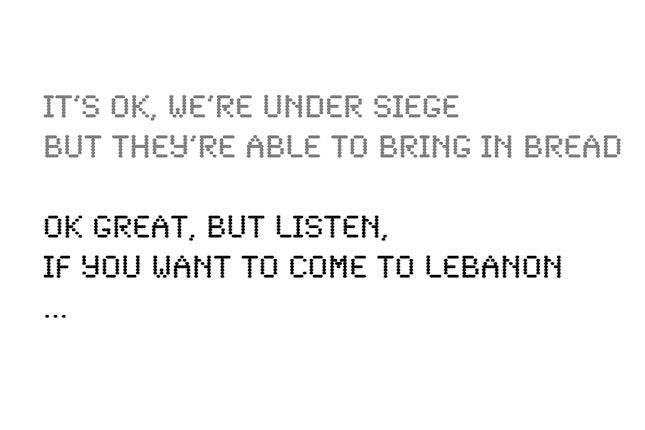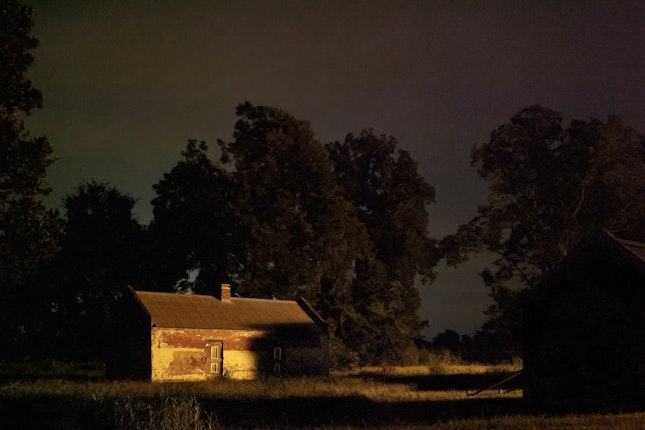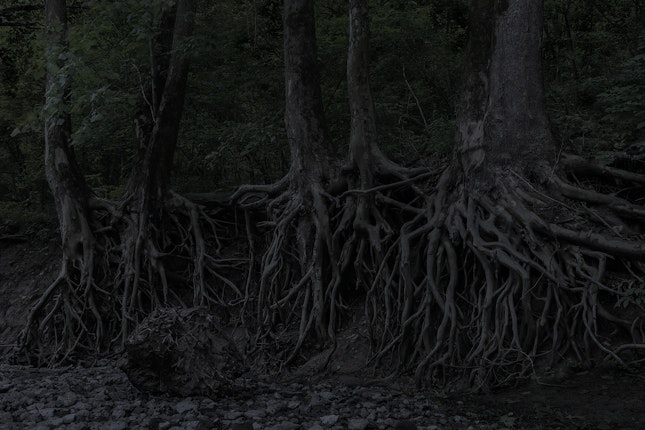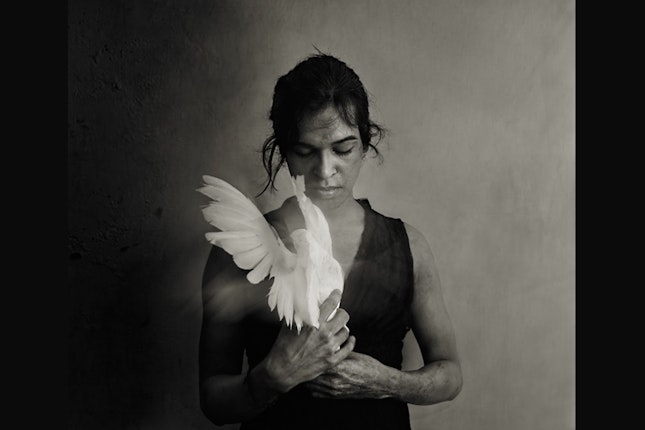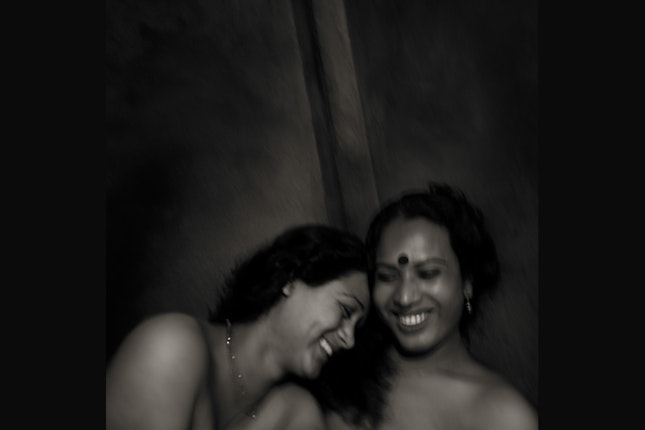Five Photographers Present Journeys Toward Freedom, Safety, and Self-Determination
By Siobhan Riordan
Following the wave of energy generated by the Moving Walls 22 / Watching You, Watching Me exhibition, which will begin a tour through Europe later this year, we are looking toward our next project. We are thrilled to announce that we have selected the photographers for our next group exhibition, Moving Walls 23, opening at the Open Society Foundations in New York in October 2015.
For the 23rd installment of the Moving Walls exhibition series, we received a record number of submissions through our open-call process, in which we heard from nearly 500 photographers globally. After careful deliberation by the Documentary Photography Project, curators Susan Meiselas and Stuart Alexander, and select Open Society staff, we are pleased to share the selection of five inspiring bodies of work.
Among the varied stories they tell, a unifying line of connection emerges. Whether it is the written creation of fantasy from reality, the formidable journey to escape slavery, or the dissonance between body and soul, each of these projects highlights the spaces—both physical and psychological—inhabited by people pursuing freedom, safety, and self-determination.
The five artists and projects selected are as follows:
- Glenna Gordon, Sin Is a Puppy that Follows You Home: Romance Novelists in Northern Nigeria. Gordon presents an intimate view of a small but significant group of Northern Nigerian women who write romance novels, and whose outspoken and at times subversive stories speak to ideas of escape and fantasy amid the reality of conflict within and outside their homes.
- Dionysis Kouris, Transit in Columbia Athens. Kouris depicts North African migrants living in limbo inside the once preeminent, now abandoned Columbia Records building in Athens, Greece.
- Liam Maloney, Texting Syria. Maloney features imagery from an abandoned slaughterhouse in Akkar, Lebanon, where 16 Syrian families seek refuge from conflict, shown alongside text messages they send to their loved ones, who are under siege in Homs.
- Jeanine Michna-Bales, Through Darkness to Light: Seeking Freedom on the Underground Railroad. From the cotton plantations just south of Natchitoches, Louisiana, all the way north to the United States–Canadian border, Michna-Bales imagines what the long road to escape slavery and reach freedom may have looked like through the eyes of those who made the journey.
- Shahria Sharmin, Call Me Heena. Sharmin’s portrait series on Bangladeshi hijras—who identify as either “third gender” or transgender women—is a poetic reflection on their hopes and dreams as they navigate their lives in Bangladesh and India.
Moving Walls 23 will be open to the public at the Open Society Foundations in New York starting October 22, 2015.
Until November 2021, Siobhan Riordan was a project lead with Culture and Art at the Open Society Foundations.
